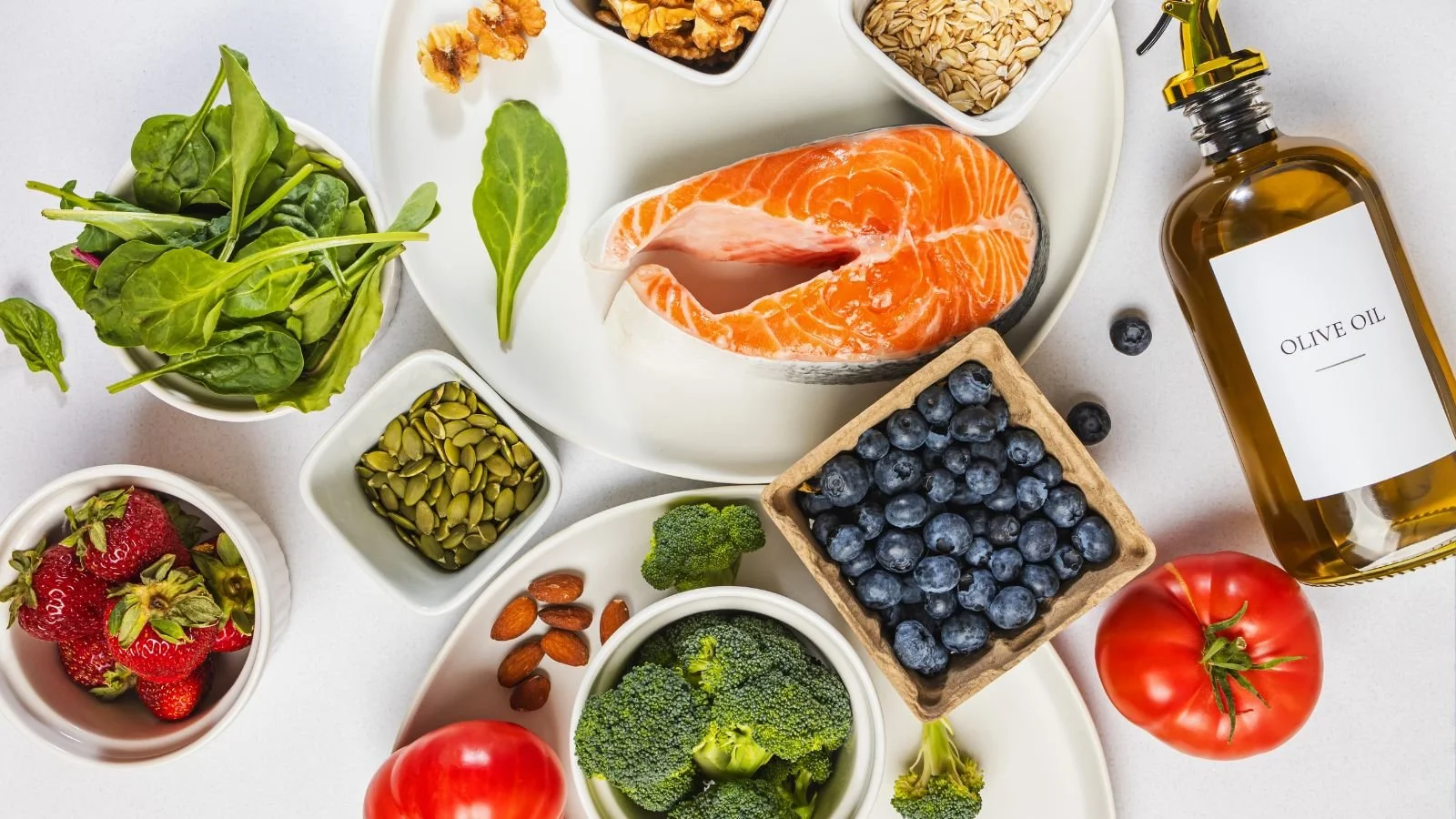Nutrient Rich Foods

What Does Nutrient Dense Mean?
Nutrient-dense foods are rich in vitamins, minerals and other nutrients important to our health.
They also don’t have too much saturated fat, added sugars and/or sodium.
Research suggests that the standard American diet is energy-rich and nutrient-poor.
When I say energy, I mean calories. And “empty calories” are in foods that provide a lot of calories without much nutritional value.
For a nutrient-dense and heart-healthy dietary pattern:
Eat a variety of fruit and vegetables.
Eat whole grains.
Include healthy sources of protein, mostly from plant sources (legumes and nuts), fish and seafood, fat-free or low-fat dairy, lean cuts of unprocessed meat and skinless poultry.
Eat nuts and legumes.
Limit red and processed meats, sodium, added sugars and alcohol.
Some samples of nutrient dense foods are the following:
1. Salmon
2. Kale
3. Garlic
4. Shellfish
5. Potatoes
6. Berries
7. Eggs
8. Cocoa and dark chocolate
How can we make sure that we are eating nutrient dense foods?
Sometimes it only takes a small shift to make a more nutrient-dense choice.
Switch from white bread, rice and pasta to whole-grain pasta, whole-wheat bread and brown rice.
Instead of a dollop of full-fat sour cream on your chili or baked potato, try fat-free or low-fat plain Greek yogurt.
When adding toppings to pizza, stuffing tacos or piling up sandwiches, add an additional veggie instead of extra meat or cheese.
When snacking, choose mostly nutrient-dense foods, such as fat-free or low-fat dairy products as well as a variety of fruits and vegetables and nuts.
Snack on crunchy vegetables with a fat-free or low-fat yogurt-based dip.
Eat a handful of unsalted nuts instead of chips.
Satisfy a sweet tooth with naturally sweet fruit on its own or in a smoothie instead of candy and cookies.
Replace sugary drinks with water infused with fruit and/or herbs, or unsweetened tea or coffee.
By making some simple swaps in your favorite recipes, you can easily boost the nutrient density of your family’s meals and snacks.
Listen to E59: Nutrient Rich Foods for more!
